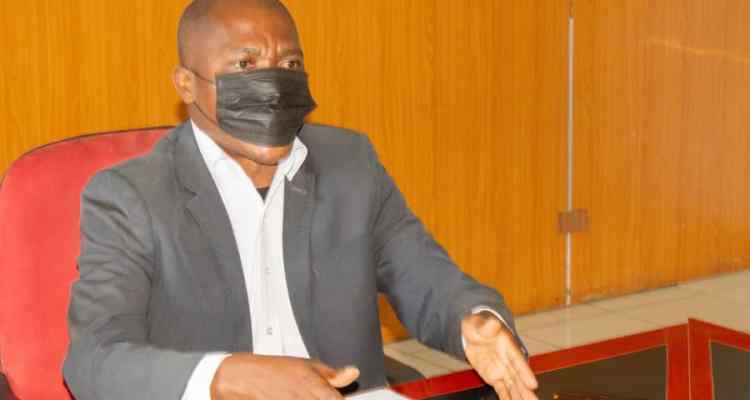By Iommie Chiwalo

The Centre for Democracy and Economic Development Initiatives (CDEDI) has asked government to depoliticise Affordable Input Program (AIP).
The organisation has also challenged President Dr. Lazarus Chakwera to be sincere in his public pronouncements regarding implementation of safety-net programmes targeting marginalised and vulnerable Malawians.
CDEDI has made the calls after its meeting with the Minister of Agriculture, Hon. Lobin Lowe at the ministry’s headquarters in Lilongwe on Thursday, September 2, 2021.
Right from the meeting which lasted for over one hour, CDEDI’s stand remains that President Chakwera’s decision to override the ministry of Agriculture on the matter, as per his directive contained in the recent address to the nation, is an attempt to be seen to be politically-correct.
“Otherwise, the move by the ministry was a response to the prevailing situation on the ground.
It is everyone’s guess as to the uncertainty that faces this year’s AIP; more so given that options available to meet the President’s political wish are a tall order,” reads the CDEDI statement signed by its Executive Director Sylvester Namiwa.
CDEDI has, therefore, advised President Chakwera to accept the harsh reality on the ground and act above politics saying he must stop making populist political pronouncements, which are mostly too costly on the public purse.
“The truth of the matter is that the AIP has become a huge mountain to climb for the Tonse Alliance administration as it has proved to be a very costly and unsustainable exercise,” he says.
CDEDI has since suggested that government must start saving from AIP while investing in local fertilizer manufacturing company.
“We are of the view that it is time the country started saving money from the AIP initiative, by slowly scaling down the number of beneficiaries, and invest such savings in local production of fertiliser as a meaningful way of cutting down both on government expenditure, as well as on the sky-rocketing prices of fertiliser.
The meeting with minister Lowe followed some grey areas in his response which was coupled with inconsistencies in the policy direction on AIP between himself as the Minister of Agriculture, and his boss–the President.
For instance Lowe’s response justified that the scaling down of beneficiaries was necessitated by the resource envelope for the programme in the 2021/2022 growing season, and that it was a routine exercise which the ministry conducts prior to the growing season.
He also said that the programme faces challenges, which include what he termed as ‘a cartel’ by those involved in the fertiliser industry in Malawi if not to mention of undeserving beneficiaries.
To make the program sustainable, Lowe said the list of beneficiaries had to be reworked after it was noted that it included ‘undeserving beneficiaries’.
“It included people such as some officials from my own ministry and other civil servants, but now had been removed from the database,” Lowe said.
According to the minister, based on the allocated resources, it is not possible to maintain the initial beneficiaries’ list, unless Cabinet pushes Treasury to either make available additional resources, or approve the increase of the contributions made by the beneficiaries from the current MK4, 500 per 50kg bag of fertiliser to any reasonable amount, or look for cheaper fertiliser elsewhere.